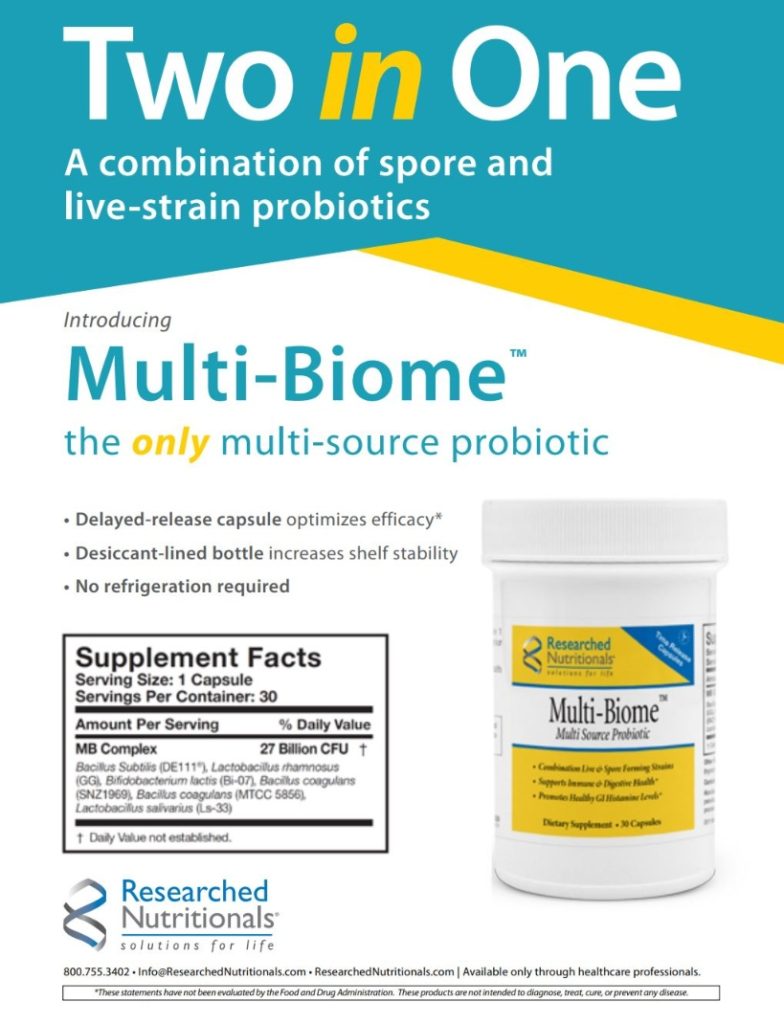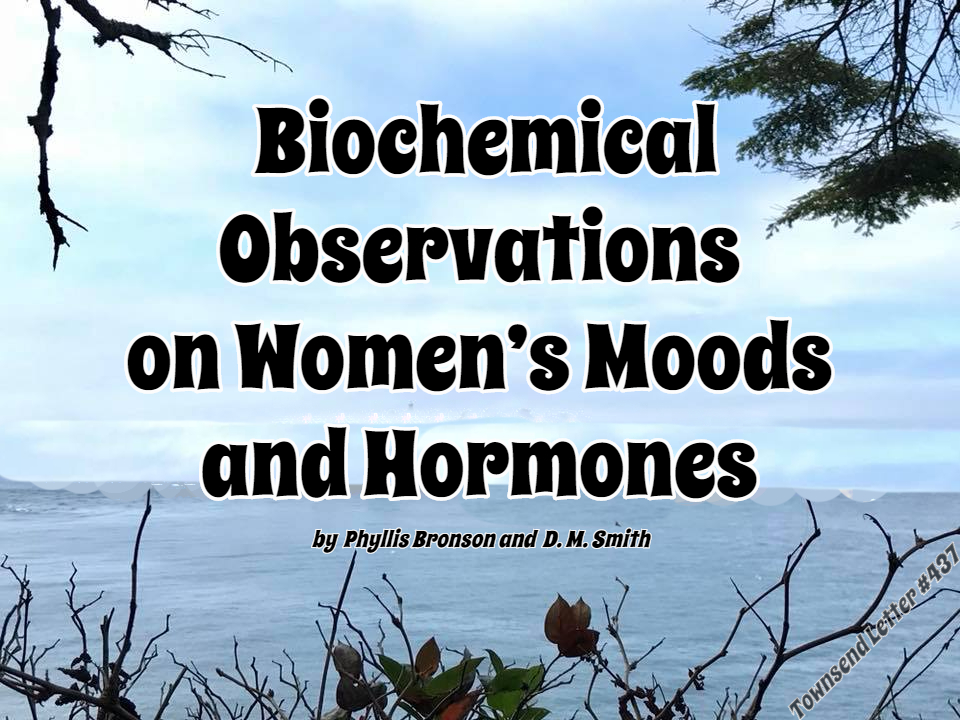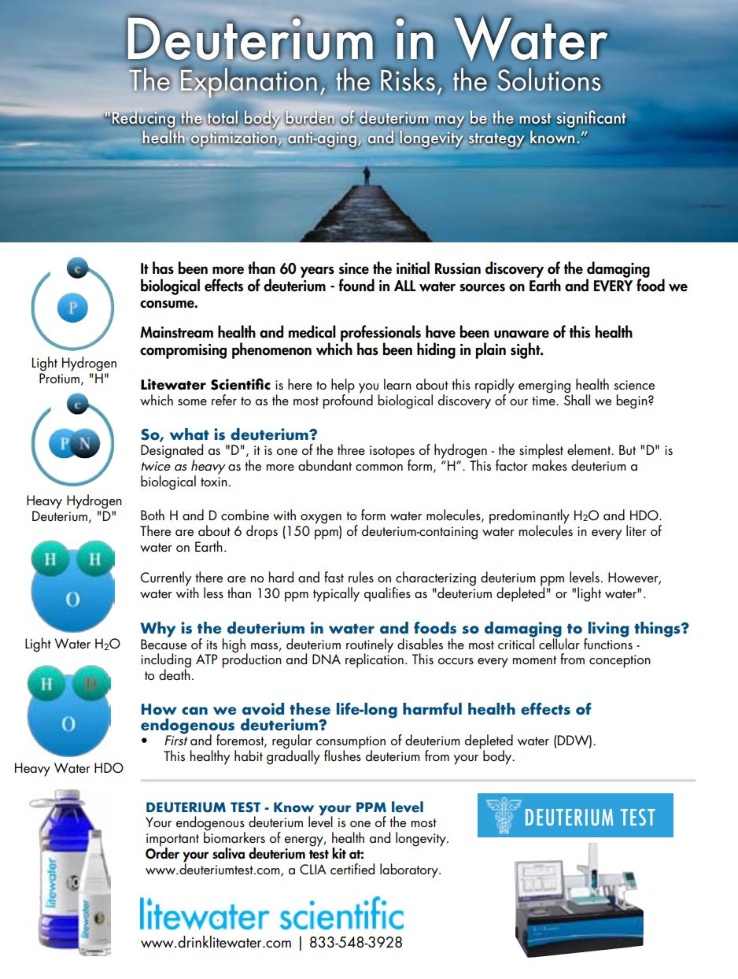Guest Editorial
As we look over the tools available to us, are there any more important than compounded bioidentical hormones? Imagine the day you would have to tell your patients that you can no longer prescribe these hormones to them. Imagine the impact on their lives, relationships, on careers, and to the health of our population as a whole. Devastating. And, NASEM1 and the FDA have a process in place that could end access to compounded bioidentical hormones for women, men, and health care professionals.
As so many of you know, back in the early 1980s, an American medical doctor searched for hormone alternatives to the few, widely utilized, FDA-approved, pharmaceutically manufactured hormone treatments of the time.2 This physician pioneered the use of topical and bioidentical Bi-est, comprised of estriol and estradiol, a compounded hormone that is widely prescribed by health care practitioners to this day – and is available, along with many other formulations, only through compounding pharmacies.
Women and men vary enormously, individual to individual, as to their needs, sensitivities, balances, absorption, preferences, and so much more. Without our compounding brethren and sistren, there would simply be no way to personalize treatment programs for each patient. This customization is at the very core of sound hormone replenishment medicine!
As most of you know, hormone treatment of women radically changed when the Women’s Health Initiative3 (WHI) study was published in 2002. The WHI had published3 that women in menopause who were treated with Prempro were subject to an increased risk for breast cancer, heart attack, and stroke. However, what was missed by the wild explosion of this information being reported to professionals and the public was that this increased incidence was “statistically insignificant.3, 4 Even though the study, itself, did not back up this assertion of increased risk,4 this report triggered an explosion of fear amongst women patients and prescribing health care professionals.
This fear generated by the WHI resulted in a precipitous decline in the number of women who were being treated with hormone replacement therapy (HRT). Prior to the WHI, 18 million American women – 40% of all those who were in menopause – were receiving HRT, and almost all of that being from Premarin and Prempro. After the WHI, women being treated declined to a fraction of this number.5 The subsequent health consequences to women worldwide were monumental and egregious.
The loss of profits and market share to pharmaceutical manufacturers was also colossal. Before the WHI study, Premarin and its derivatives had been one of the most popular and profitable manufactured drugs of all time.
As an unintended consequence, however, the WHI study also inspired many women and physicians all across America and the world to seek alternatives; and they turned towards the use of compounded bioidentical hormones.
Of great note, that has gone almost entirely unnoticed: in 2017, the original WHI study group retracted its original assertion about a hormone-cancer link. They published, again in JAMA,6 that “among postmenopausal women, hormone therapy with CEE (conjugated equine estrogens) plus MPA (medroxyprogesterone acetate: Prempro) was not associated with risk of all-cause, cardiovascular, or cancer mortality during a cumulative follow-up of 18 years.” Even though risk information has finally been corrected and thoroughly addressed (see reference7), the perception persists, both by the public and by healthcare professionals, that there is risk to women who are taking hormones.
Also of note: by 2016, approximately 5 million American menopausal women were using replacement hormones. Big difference: now, over half of these women are being treated with compounded bioidentical hormone replenishment therapies (cBHRT).8,9
Backing up in time, in 2008, the FDA launched a concerted effort to restrict bioidentical hormones by attempting to end ability to prescribe and dispense estriol.. Overwhelming opposition from a public response – over 77,000 letters sent to the FDA and Congress, primarily by American women, during the public comment period – convinced Congress and the agency to temporarily suspend its ongoing quest to restrict women’s health care choices.
As many of you know, fast forward, the FDA tasked NASEM with determining the safety and efficacy of compounded bioidentical hormones. The results of which are that NASEM has passed its findings10 onto the FDA and the FDA has reported on them,11 including suggesting that cBHRT could be classified on the “too difficult to compound” list.
This would be a catastrophe that would mean the end of bioidentical hormone medicine as we know it and millions of women and men depend upon.
The Committee’s “recommendations”12 could have serious and disastrous consequences. Here are the most challenging issues that have emerged from this report:
The NASEM Report concluded that the FDA should:
- “Restrict the use of compounded bioidentical hormone therapy preparations. Prescribers should restrict the use of bioidentical hormone preparations to the following situations:
• documented allergy to an active pharmaceutical ingredient or excipient of an FDA-approved drug product, or a documented requirement for a different dosage form … “
This regulation directly has the FDA determining how a healthcare professional should practice medicine. This possible action would markedly exceed the mandate and authority of the FDA, and prior attempts of this nature have been successfully challenged in the past.
• “Patient preference alone should not determine the use of bioidentical preparations.”
This overreaches into the freedom of women and men patients to freely and privately choose their healthcare providers, according to the modes of therapies and expertise offered.
2. “Review select bioidentical hormone therapies and dosage forms as candidates for the US FDA Difficult to Compound List, [including]: estradiol, estrone, estradiol cypionate, estriol, pregnenolone, dehydroepiandrosterone (DHEA) progesterone, testosterone, testosterone cypionate, and testosterone propionate…”
This recommendation is potentially devastating to providers and patients. No drug can be compounded, if it is on the “Too Difficult to Compound List.”13 If these bioidentical products are put on this list, that would be the immediate end of all bioidentical hormone therapy.
This regulation would destroy the present ability of physicians and patients even to access bioidentical hormone treatments, at all. Such undue limitation will impact millions of patients (both women and men) who are living fulfilling, productive lives, thanks to these currently legal bioidentical hormone treatments.








